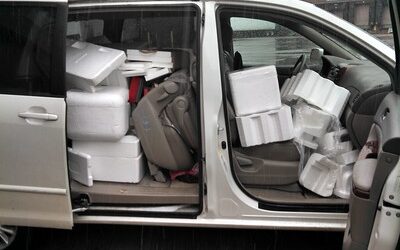The village of Wilmette passed a coal-tar sealant ban in early 2017.
Coal-tar “pitch” represents about 50% of the sealcoating solution by weight and is comprised of a mixture of organic compounds known as polycyclic aromatic hydrocarbons (PAHs). PAHs compounds found in sealcoating solutions are of concern because they are considered hazardous waste with many designated as probable carcinogens. Scientists who have studied the PAHs in commercial sealcoating solutions have designated the compounds as posing a health threat for humans, aquatic life, and the environment in general.
Parents are concerned about their children’s exposure to the particles released from the treated surfaces and tracked into homes and schools on shoes and play clothes, or even bare feet. Particles can become airborne or wash into stormwater, ending up in sewers, lakes and rivers.
Many of us remember days when people were allowed to burn leaves in their yards, smoke cigarettes in restaurants and public places, and paint their homes with lead paint. Once the health impacts of these practices were understood, communities passed laws to protect their citizens.
Alternatives to coal-tar sealcoat are available including asphalt-based sealers, pervious concrete, permeable asphalt and other systems that do not require sealants. The added benefit from the alternative types of pavers is that they allow for storm water to naturally soak into the ground, resulting in decreased runoff and flooding.


